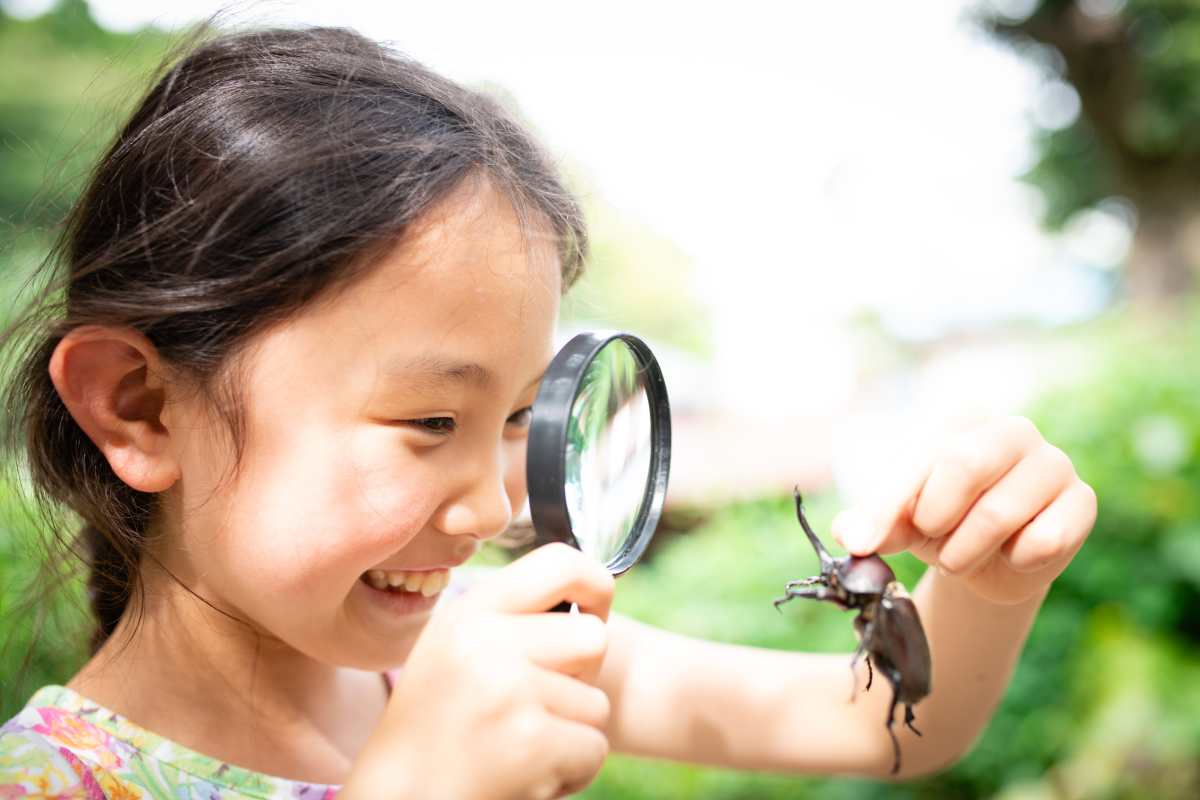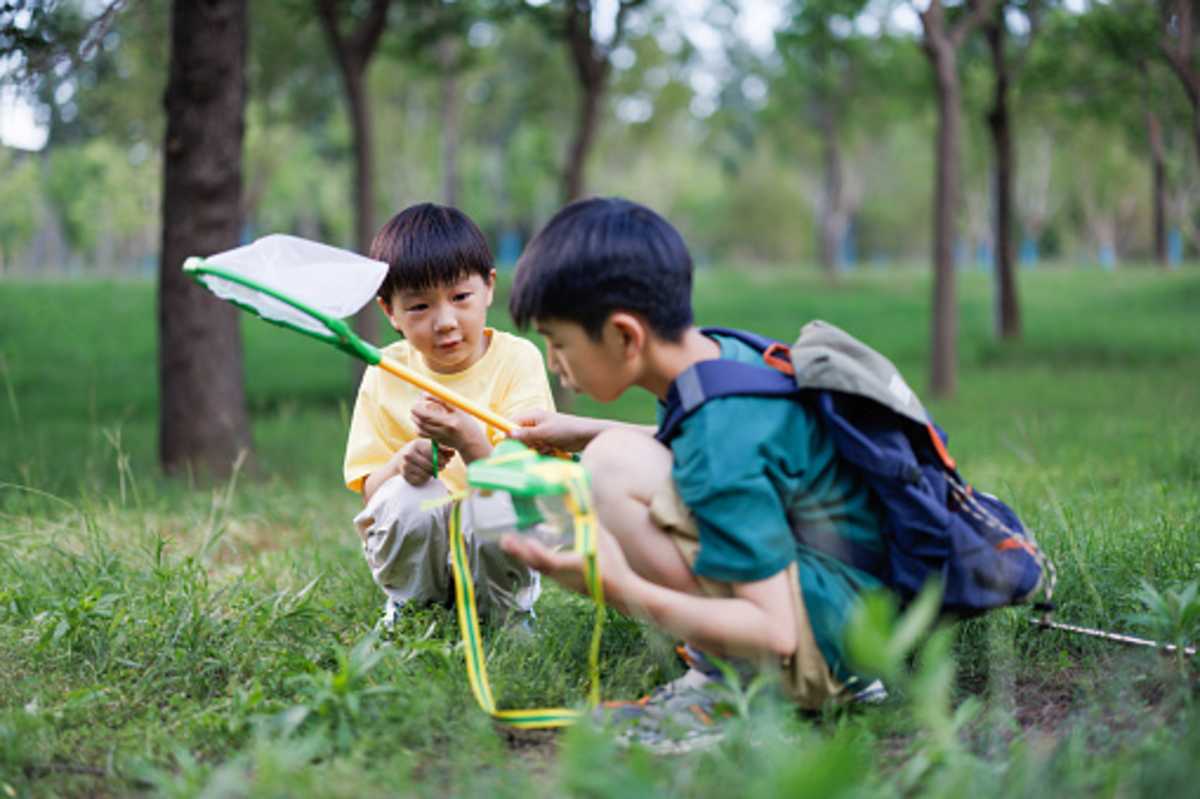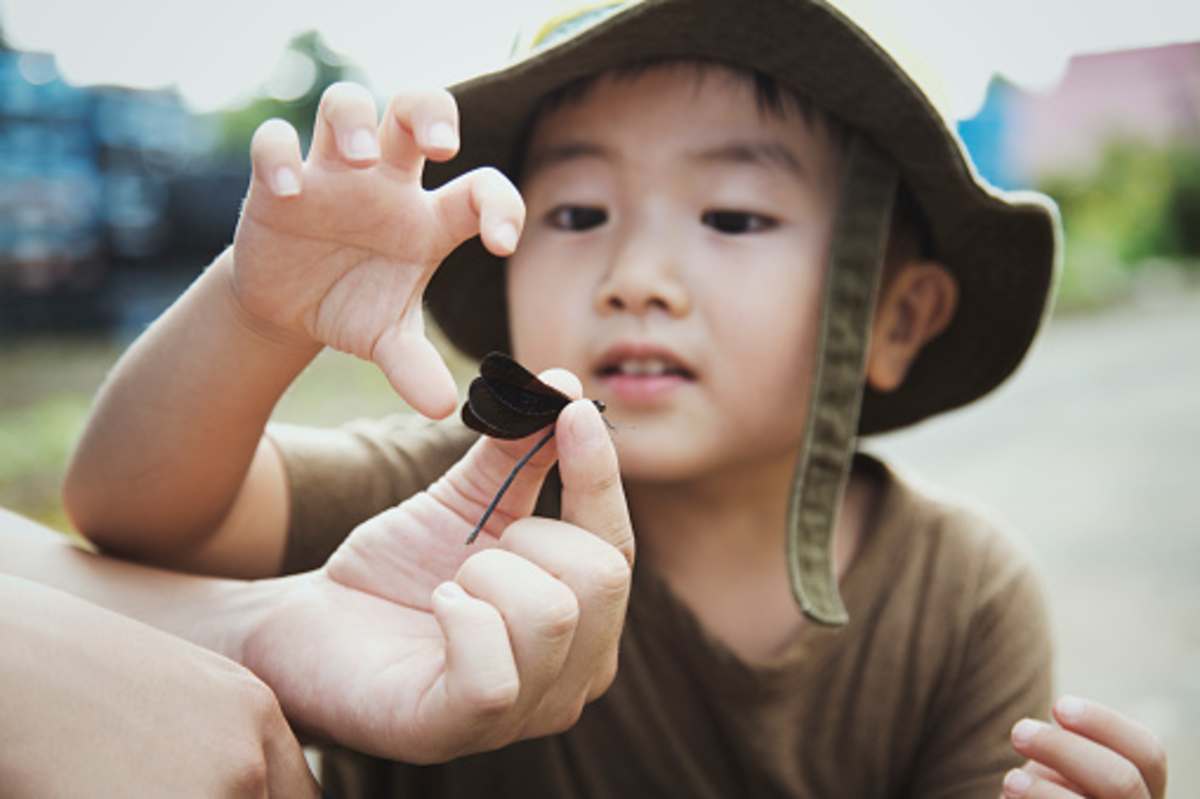Japanese have an unusual choice of pets as cuddly as cats and dogs – you won’t guess it in a million years

While one part of the world is terrified of insects, the other embraces them with open arms. Cats and dogs are probably the most popular pet choices across the globe, but a different scenario occurs in Japan. Bug and insects are their go-to pets, even available in various forms and shapes at pet stores for as much as 20,000 yen ($133), as reported by ABC News. For anyone well-versed in Japanese culture, it’s no surprise that beetles and other bugs remain an integral part of their daily life. Munetoshi Maruyama, a professor of bioenvironmental sciences at Kyushu University, explained the significance of bugs and how they are ingrained in the culture.

Bugs are a consistent element in every Japanese medium, be it the Heian era classic, The Tale of Genji, to modern-day manga and anime like Mushishi. Even popular cartoon shows like Shinchan and Doraemon have dedicated episodes to the magic of beetles. “They are so tiny. If you catch and study them, you’re sure to discover something new. They are so beautiful in shape and form,” said Maruyama, who claimed to be a bug fanatic since his childhood. The Japanese like to enjoy the gentle chirping of crickets in a cage or watch beetles slowly scale trees in all their diverse forms.

Even celebrities flaunt their bug-hunting endeavors, much like how ancient royalty did by bringing home tiger and lion carcasses. The popularity of bugs as pets has also equipped pet stores to supply the demand. Special jelly food is available as insect feed in addition to a variety of live bugs as pet choices. Maruyama hints at the ecological significance of bugs, which adds to the love for them as pets in Japan. “In Japan, kids love bugs. You can even buy a net at a convenience store. It’s fantastic that bugs can serve as a doorway to science,” he marked. The various stages of an insect’s lifespan and the metamorphosis process serve as an educational tool for curious children while appreciating all that bugs do for the ecosystem and human sustenance.

Bug movements can indicate global warming, while bees and ants offer an important lesson with their intelligence, in remembering routes, communication, and serving as food for wildlife and pollination. Besides, studying insects comes with the excitement of discovering a whole new species every now and then. With over 1.2 million species known, there is so much more to discover. Maruyama’s love for insects had led him to discover 250 new insect species all by himself, per the source.
The Great Insect Exhibition held at the Sky Tree Tower this year amassed a large audience of children dropping in to touch and feel the diversity of beetles inside indoor cages on a tree. “We want the kids to feel the emotions and joy of actually touching the insects here. That’s really positive for the workings of a child’s brain,” said Toyoji Suzuki, one of the event organizers. According to the Medium, 43% people are drawn to insects. The most popular insects in Japan were fireflies, rhinoceros beetles, ladybirds, stag beetles, and butterflies, among others, per a survey by Goo.